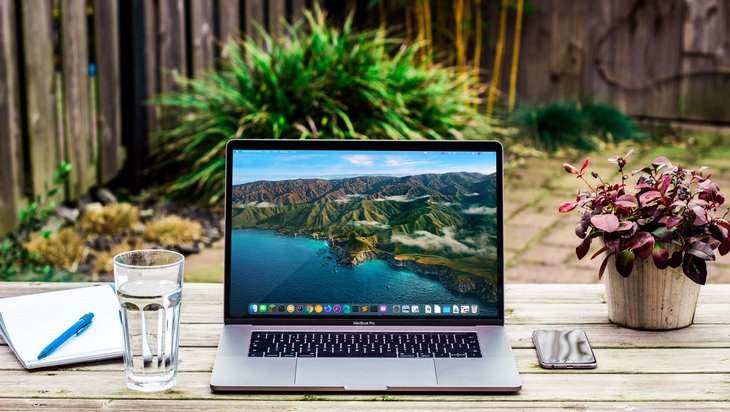These days, smartphones, tablets and laptops are the most essential luggage items. Cyber criminals also know this and like to exploit it. So consciously take care of your cybersecurity while on the road – with our tips!
Where your cybersecurity is most vulnerable on the road
If you know what to pay special attention to, you can protect yourself better. Our measures listed below will help you to do so. Because they reduce the most threatening cyber risks that are typical on vacation:
- Theft, loss, defect or compromise of your devices
- Leakage of sensitive data and passwords via insecure wifi connections.
- Spying on sensitive data and passwords via malware programs or apps.
Unfortunately, attacks cannot be prevented 100%. But the measures below ensure that the damage is kept as low as possible in the event of an attack.
For example: If you have stored sensitive data in encrypted form, it cannot be easily read even if the device got stolen. Or if you use a unique password for each user account, criminals cannot unlock any other accounts with a password that has been spied out.
- Before the vacation:
Update all the devices you want to take with you to the latest version. This applies to operating systems, programs and apps. Activate automatic updates to maintain this status on the road. - Set up a password, code, fingerprint or similar access lock on all devices.
- Back up all your devices and keep them safe at home.
- Set up two-factor or multi-factor authentication for sensitive accounts. For example, for email accounts, social media accounts, etc. Make sure you have to authenticate every time you log in, instead of enabling options like “Trust this device”.
- Optimize the passwords of all accounts you might access on the road. Use a secure, unique password for each account.
- If possible, delete work-related data from devices. Alternatively, encrypt them. Also encrypt important digital documents, such as airline tickets or scans of your immunization record. Instructions for the Microsoft Windows and Mac OS X operating systems can be found, for example, at the German Federal Office for Information Security (BSI).
- Install and test VPN software that you can use for all wifi connections while on vacation. Several Perseus-recommended providers offer free versions or 1-month usage periods – perfect for vacation.
- If you don’t already know, find out how to use your smartphone as a wifi hotspot for your laptop.
- If there is particularly sensitive data on your devices or you want to be on the safe side: Set up the ability to remotely wipe your devices.
On vacation:
- If possible, use the mobile network for your Internet access by using your smartphone as a wifi hotspot for your laptop. This connection is often more secure than the wifi offered.
- When using public wifi services, e.g., at airports, train stations, cafés, and hotel lobbies, pay close attention to correct, legitimate wifi access. This is because a common tactic used by cybercriminals is to set up supposed wifi hotspots as a “man in the middle” in order to spy on data.
- Therefore, do not allow automatic connection to open networks either.
- Use VPN software for all wifi connections on the road. This prevents data traffic from being accessed so easily.
- If possible, only log in to user accounts where you use two-factor or multi-factor authentication.
- Do not use public computers to check your emails, social media accounts, etc. This is because these computers are particularly attractive for cybercriminals to spy on the access data of many guests and are therefore readily infected with malware.
- Only activate interfaces such as bluetooth if and for as long as you use them.
- Keep in mind that publicly posted vacation pictures, e.g. on Facebook, can tell criminals that you are not at home. Therefore, only share current pictures with a carefully selected circle.
Important for vacation-related apps:
This year, pandemic-related apps such as warning apps, digital vaccination passports and contact-tracking apps are playing a role alongside local tourism apps. In all cases:
- Be meticulous to install and use only the official apps. On the one hand, to better protect your smartphone. And for another, because your data and scans or PDFs of your vaccination passport could otherwise be easily misused.
- For all apps, check what access rights they require and restrict them if necessary.
- After the vacation, delete apps you no longer need or restrict access rights you no longer need.
After the vacation:
You have already taken the most important measures during your hopefully relaxing vacation. If you want to be on the safe side, you can still do the following after your return:
- Check all devices for malware
- Change all passwords you used while on vacation. Even if you were spied on, they are worthless to cybercriminals from the moment you change them (provided you use a unique password for each account).
Download our checklists
